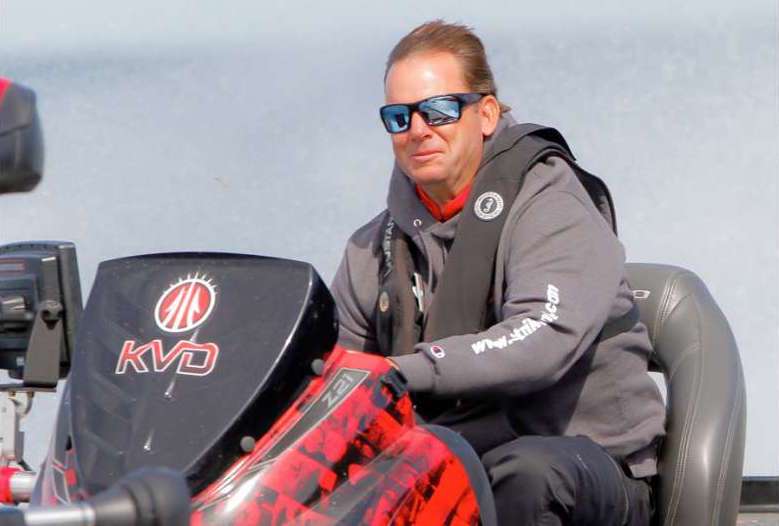
America has a big Memorial Day holiday this weekend and a lot of folks will be traveling, enjoying cookouts and celebrating our freedom with family and friends.
And while all of these are good times, we should never forget the importance of this holiday. I ask each of you to take time to count your blessings for the men and women who have made sacrifices to serve this country and provide us the freedom we all enjoy.
The Memorial Weekend has provided an additional meaning to me as a kid growing up in Michigan. For years, it marked the opening of bass season which closed annually Jan. 1.
I looked forward to that as much as I did Christmas morning. It was akin to opening of deer season for hunters; you couldn’t wait to get up that day and go get ‘em.
Fortunately, things have changed in Michigan as fish biologists have relaxed those bass regulations. A few years ago, they altered the law to allow a catch-and-release season beginning the last Saturday in April until the season opener, the last Saturday in May.
More recently, the state has agreed to allow catch-and-release fishing year-round, recognizing that doing so would create more angling opportunities and still offer protection for our bass.
I credit the Michigan DNR for not making a snap decision in its policies. They did it incrementally and based on science.
While a closed season may seem strange to anglers living in southern climates, you have to understand that our shorter growing season means that a 4-pound bass here is three times older than one in Texas or Florida.
In addition, the closed season was set to protect spawning fish. In fact, walleye and pike seasons also close Jan. 1 through the last Saturday in April.
The reason? Our lakes are so clear that fragile species would be extremely vulnerable to harvesting while they were shallow and spawning.
In addition, Michigan has 11,000 lakes, creating unique challenges for biologists to monitor. Most of our lakes range from 100 to less than a thousand acres and are very diverse. It’s difficult to set applicable rules that apply across the state.
But times have changed. Bass anglers in particular have embraced voluntary catch-and-release practices for years and that precipitated Michigan biologists’ willingness to study a more liberalize bass season.
Bass anglers who fish frequently and year round are working closer with fish managers, providing insight to trends and shifts in fish populations, lake conditions and influx of invasive species.
Conservation educational efforts of B.A.S.S. and its clubs, growing acceptance of catch-and-release practices among non-tournament fishermen and cooperation between anglers and biologists have led to more fishing opportunities and have helped state agencies improve bass fishing in general.
This is my 27th season as a full-time bass pro, and I’ve fished for more than 40 years. There are more bass anglers than ever before, yet I truly believe bass fishing nationwide has never been better, and I’m confident it will continue to improve.
It’s all about those cooperative efforts and of course, it’s always about the attitude!
Kevin VanDam’s column appears weekly on Bassmaster.com. You can also find him on Facebook, Twitter and Instagram.

